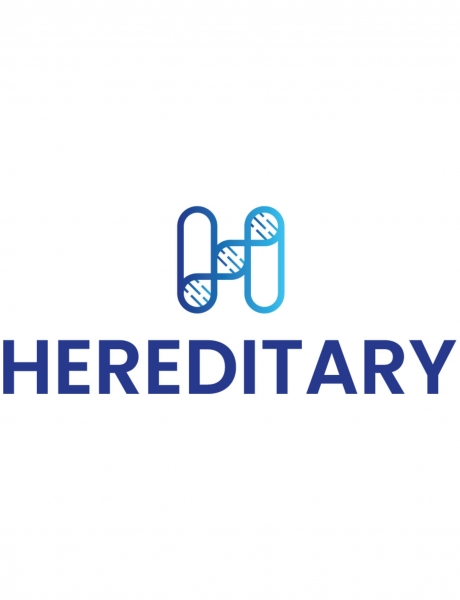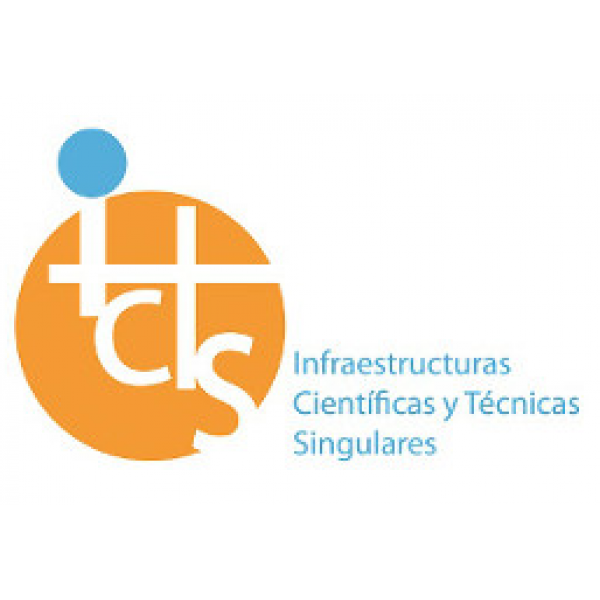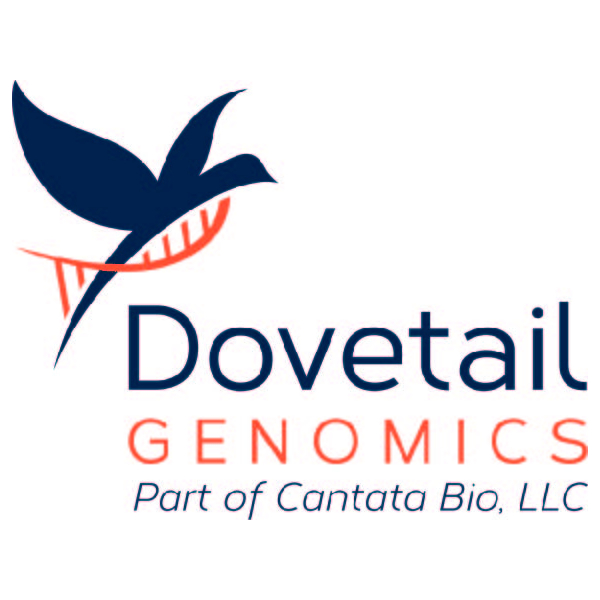
Data science and machine learning offer important opportunities for advancing digital health and diagnostics. However, it is necessary to achieve scientific and technological breakthroughs beyond the capabilities of current systems. Healthcare generates amounts of data through clinical exams evaluated by specialized medical professionals and technicians, making it one of the largest digitized knowledge resources globally. While legislation is evolving to facilitate access to health data for researchers and innovators, unaddressed legal, security, and technical requirements hinder progress in this domain.
To address these challenges, the HEREDITARY project aims to significantly transform the way we approach disease detection, prepare treatment response, and explore medical knowledge, through the implementation of these three key objectives:
1. To develop federated, scalable, secure, and privacy-preserving system for linkage of health data enabling querying of multimodal data across sources and disease groups.
2. To develop advanced analytics and learning methods for a better understanding of the risk factors, causes, development and optimal treatment for disorders related to the gut-brain interplay.
3. To develop data-driven and evidence-based solutions for decision-making and information campaigns.
HEREDITARY is a project funded by the European Union’s Horizon Europe Framework Programme for Research and Innovation topic “Better integration and use of health-related real-world and research data, including genomics, for improved clinical outcomes” (HORIZON-HLTH-2023-TOOL-05-04).
THE ROLE OF CNAG
HEREDITARY’s 18-member consortium is led by Università degli Studi di Padova (Italy). It includes partners from 10 European countries and 1 partner from the USA. The project involves clinical partners, universities, research organizations, IT companies, genomic centers, patient organizations, the European Brain Council, the European Molecular Biology Laboratory, and others.
CNAG is one of the partners of the consortium project, and its role is to develop a framework for the semantic interoperability of the clinical description of study participants.
COORDINATOR: Università degli Studi di Padova











